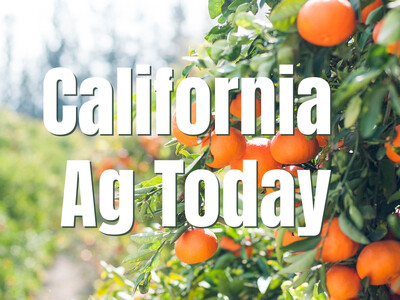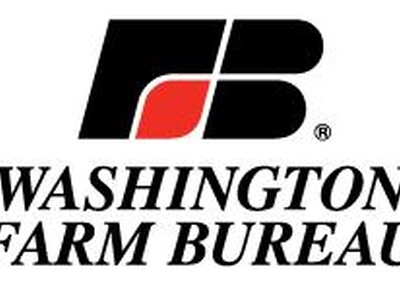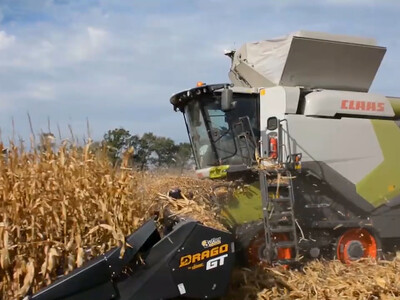5-17 NWR
Farming and ranching is fraught with uncertainties but taxes shouldn't be one of them, Oregon Farm Bureau member Gayle Goschie recently told the Senate Finance Committee. Testifying on behalf of the Hop Growers of America, Goschie asked lawmakers to help millions of American small businesses by streamlining and simplifying the incredibly complex federal tax code."A growing season can turn quickly from an economic gain to an economic loss. A change in the weather, product prices, labor supply or our customers' needs can have an extreme, often unforeseen, impact on our business. Furthermore, the complex and sometimes arbitrary and inequitable nature of our tax laws can impact how we buy equipment, what type of crops we plant and our hiring practices," she explained.
Uncertainty with taxes prevents Goschie and many other farmers and ranchers from investing with confidence in their businesses. "Fixing the present tax code is one of the ways Congress can help ensure that farms like mine are positioned for growth," she said.
She praised Congress for already taking action on some important tax issues, like Section 179 small business expensing. Now that it's permanent, Goschie and her family have been able to invest in renewable energy, as well as water and energy-saving practices on their hops and wine grape farm in Silverton, Oregon.
She hopes Congress will now work on streamlining depreciation schedules. That complicated and time-consuming section of the tax code requires hundreds of purchases to be recorded and tracked independently. In addition, there are inequalities from one industry to the next.
The tax treatment of pre-production costs is also a problem for family farmers, according to Goschie. Preproduction costs are one of a number of expenses associated with developing a vineyard. The general rule under the current law is that all pre-productive costs incurred during the pre-productive period of vines must be capitalized into the cost of the vines. While depreciation on pre-productive costs for vines begins when the vines have produced their first commercially harvestable crop-which takes at least three years-plant and trellis pre-production costs for hops can be written off much sooner-and most crops have no restrictions at all.
"As you can see, the tax code for small business owners, farmers like me, is complicated and difficult to interpret," Goschie said. "Goschie Farms does not have accountants on staff to analyze every decision as it is made or to maneuver each decision to maximize the tax benefits. Our time and efforts are needed in the fields to meet the demands of our customers."
Thanks in part to the weather, firefighters made significant progress over the weekend fighting two wildfires in Western Washington.















